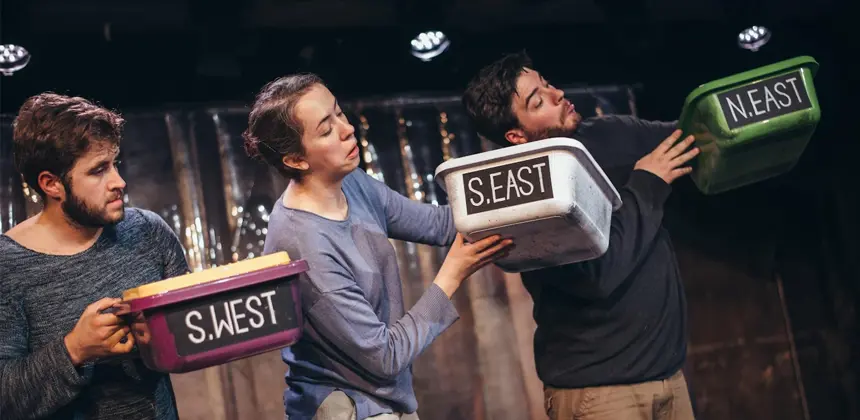Touring your work
An introduction to touring your show after the Edinburgh Festival Fringe, including our tour database.

Page contents
Touring your work
There are many ways to continue your work beyond the Fringe, and touring is a great way to do this. Here, you will find a wealth of information for artists at the Fringe preparing to tour.
Are you already touring? Add your show details to our online database for other artists and industry professionals to browse! Feel free to have a look at who is currently listed below, where they have toured, and submit your post-Fringe touring details.
Get in touch
Please get in touch if you have any specific questions about the information on this page. A member of our team can set up a 10-minute slot to talk things over with you on the phone or on a video call.
Please note, slots are based on team availability.
